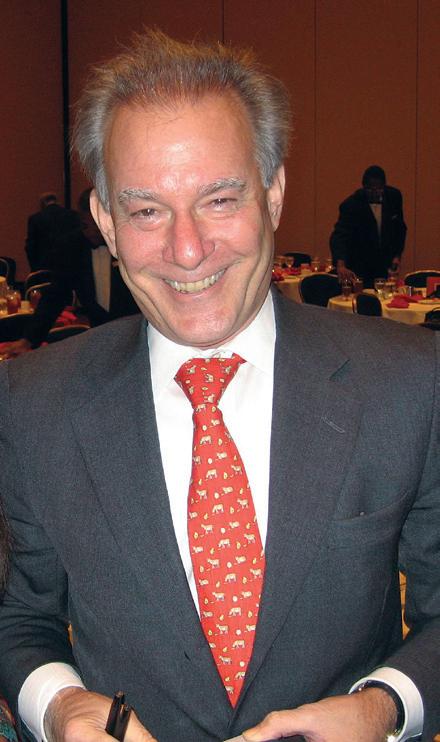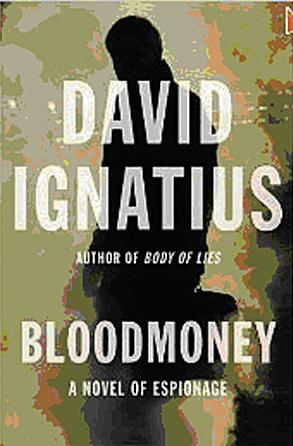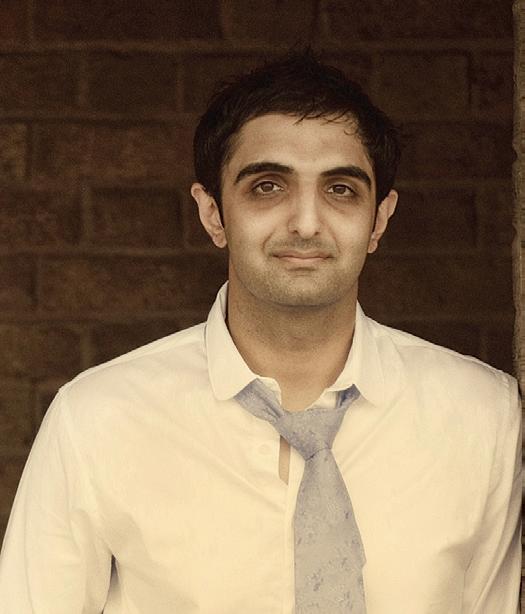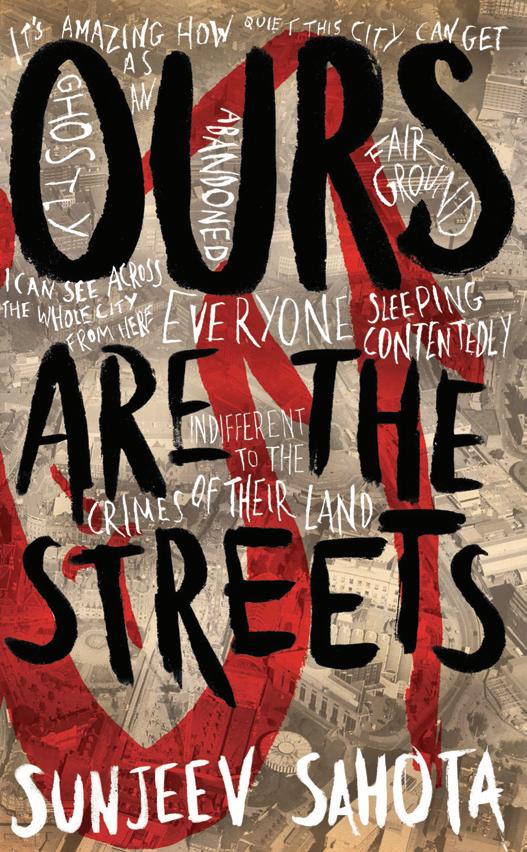
4 minute read
A peek into Pakistan
from 2011-09 Sydney (1)
by Indian Link
An experienced writer and a younger one deliver masterpieces in their own styles, depicting the intrigue within and without Pakistan
BY CHITRA SUDARSHAN
We continue with the theme of books about Pakistan, but now we move to fiction. Pakistan has, not surprisingly, become a fertile setting of late for thrillers and novels with an Islamic extremist angle. Mohsin Hamid did it brilliantly in his book The Reluctant Fundamentalist, published and reviewed in Indian Link some time ago. Two very recent publications are, first, a literary fiction genre by Sunjeev Sahota called Ours Are the Streets, (Picador, 2011), and second, a thriller by David Ignatius titled Blood Money, (Quercus, 2011).
David Ignatius is a prize winning columnist for the Washington Post, who has been covering the CIA and the Middle East for more than 20 years. He has already written some best-selling spellbinding thrillers such as Body of Lies (2007) based on the work of a Jordanian Intelligence Chief, which was made into a movie starring Leonardo DiCaprio; and more recently, The Increment (2009) which is also being made into a movie by Jerry Bruckheimer. So when this author writes a thriller on the CIA and Pakistan, it is worth taking notice of, for he knows what he is writing about. It is thoroughly researched, yet written in a simple and easy style that never loses its momentum: the stuff of best sellers. The novel is, on the one hand, about a rogue element in the CIA which has tried to break away from the bureaucratic reach of the parent organisation; on the other, it is about a brilliant Pathan mathematician Dr Omar, who is out to avenge the death of his family in a drone attack. Ignatius describes to the reader in detail the Pashtunwali – or the code of honour which guides Pathan conduct, peppering the pages with a host of Pashto proverbs for each occasion. Ignatius’ strength is his storytelling, and the way he brings the two strands of the story in an exciting climax.

There are a host of colourful characters such as Sophie Marx, the intelligence operative who is charged with the task of solving the conundrum of the selected killing of CIA operatives or agents in different parts of the globe; Thomas Perkins, the share trader in London who becomes a hapless victim of the machinations of the chief of the run-away Intelligence arm, Gertz; and Cyril Hoffman, the CIA afficionado who brings things to a head. However, the real protagonist of the novel, in the final analysis, is the ISI Chief Lieutenant General Mohammed Malik whose role is pivotal to the plot; Ignatius paints a thoroughly convincing portrait of this character, and in doing so, says a great deal about the ISI as well. It is a thoroughly enjoyable, nail-biting spy novel that also tells us a great deal about the CIA as well as the ISI. Highly recommended.
Another surprising debut novel, Ours Are the streets, (Picador 2011) is by the young British-born author Sunjeev Sahota, who has weighed into the subject with a novel about a British-born Pakistani, Imtiaz, who turns terrorist after a visit to Pakistan. Imtiaz has grown up in Britain, the son of an immigrant Pakistani taxi-driver and his veiled wife. He grows up doing the usual things - loiter, dream, plan and abandon a career, go to pubs, date, etc. He loves his parents yet is embarrassed by their accented English and their keeping their sofa wrapped in plastic - as well as more serious things: such as their ‘spinelessness’ in the face of provocations.

Ignatius describes to the reader in detail the Pashtunwali – or the code of honour which guides Pathan conduct, peppering the pages with a host of Pashto proverbs for each occasion
Although Imtiaz meets and marries an English girl, Rebekah, when his father dies, he and his mother accompany the body to the family village in Pakistan where he falls in with some Islamists and volunteers to undertake a suicide mission. He returns to England with his cousin, Charag, who is to help him in his mission. But his old life is falling apart and his turn to religion does not help his domestic life.
Ours Are The Streets is narrated by Imtiaz in the firstperson. It is structured as a kind of diary that Imtiaz writes, primarily for Rebekah and their baby, in a bid to explain his decision to carry out the planned suicide bombing. The language and tone of this narrative is one of the strengths of the novel, and is replete with a lot of Derbyshire slang –where Sahota was born and in which he grew up. Sahota is at his best when writing about urban England. He manages just the right register with both cultural and personal matters; his section on Pakistan is less convincing, but only in comparison with his superb portrayal of immigrant life in England. He presents Imtiaz as a multi dimensional personality: both a distinctive individual as well as a youth who reflects certain currents of anger and frustration in Muslim youth in the west.

Ours Are The Streets is a gripping novel and entirely convincing. Sahota emerges as a new voice in post-colonial British literature, and is a name to watch.

The language and tone of this narrative is one of the strengths of the novel, and is replete with a lot of Derbyshire slang – where Sahota was born and in which he grew up.
Multi
BILLION DOLLAR HEALTH & WELNESS INDUSTRY OFFERS YOU A UNIQUE OPPORTUNITY TO BUILD A BUSINESS IN AUSTRALIA & INDIA

Did you know that people today are at a higher risk for lifestyle diseases like:-
• Obesity
• Cardio Vascular Diseases
• Diabetes • Arthritis
1 Do you know why these diseases are on a constant rise?
2 Are you suffering from any of these diseases?
3 What are you doing today to ensure you & your family is safe tomorrow?
W ith EXTENSIVE experience of more than 7 years in direct selling, working on principle centered modules, Manoj shows you how you can attain GOOD HEALTH & EXPONENTIAL WEALTH that will last you a lifetime & beyond.
For information on how you can make a difference, Call: 0469 092 777












